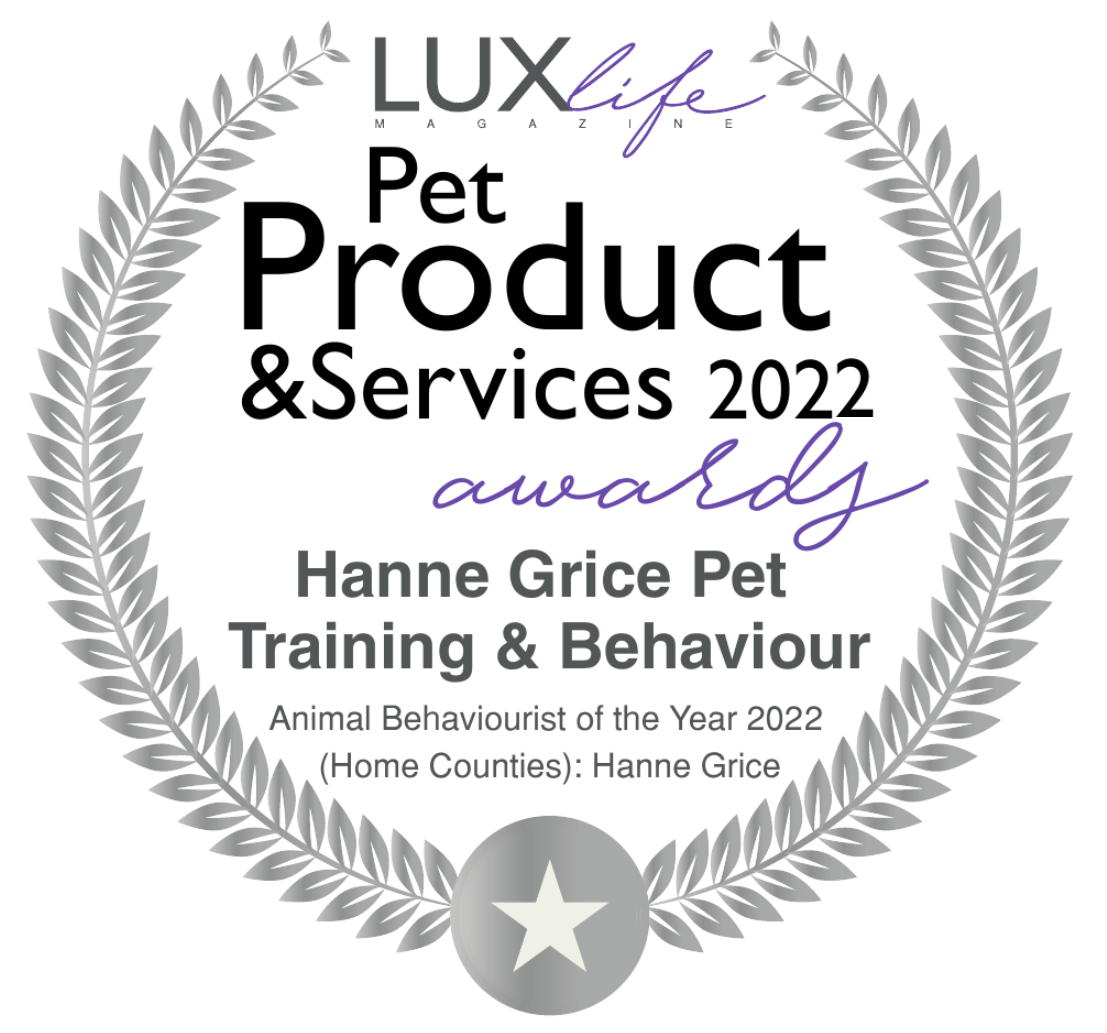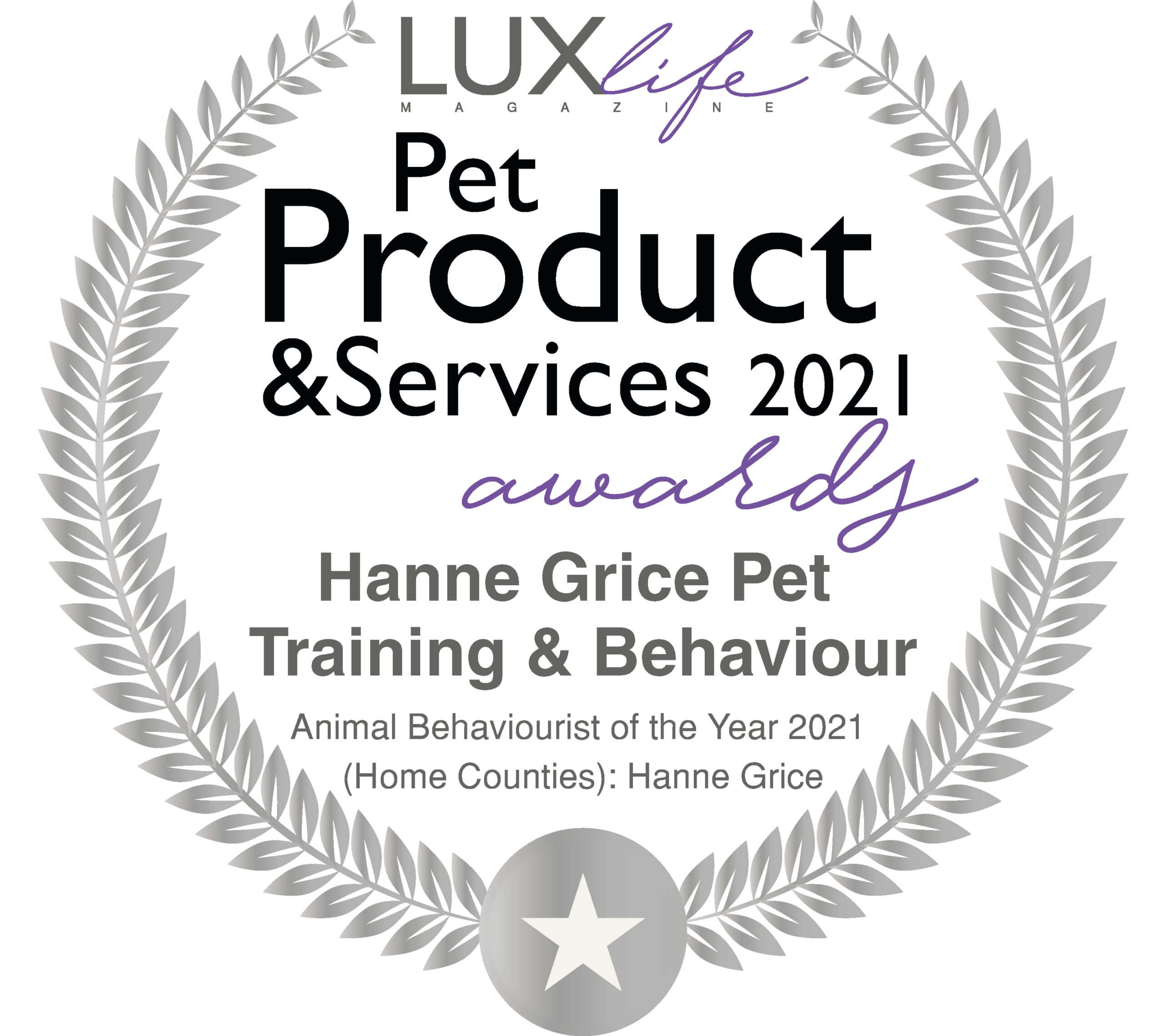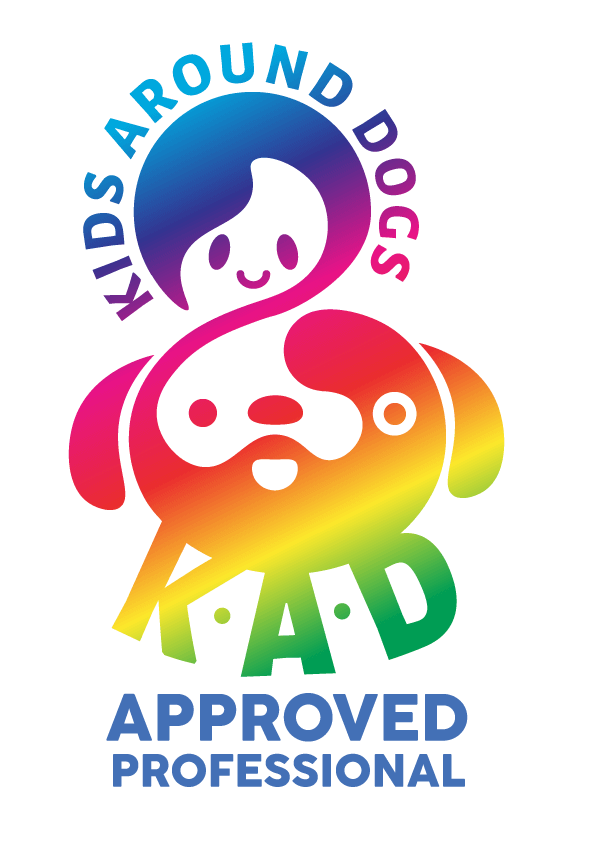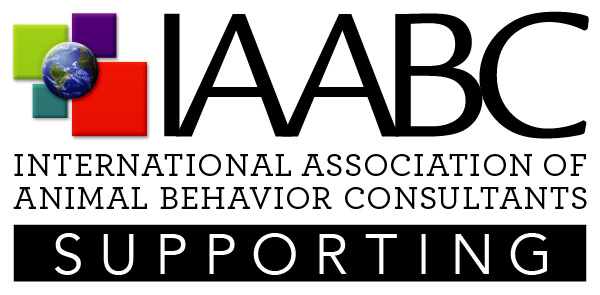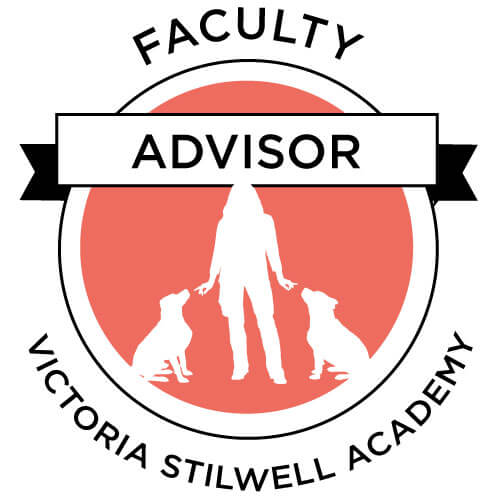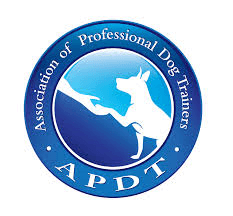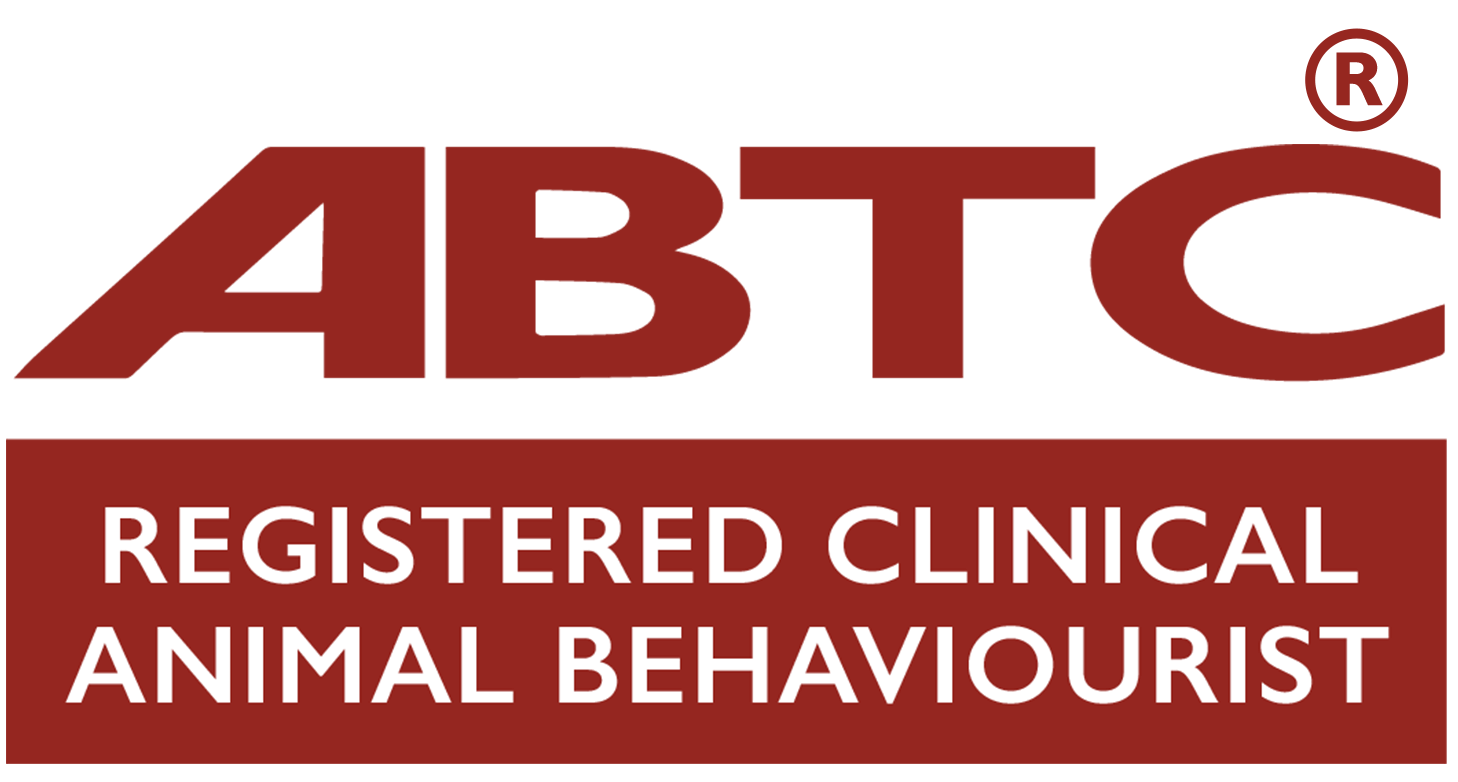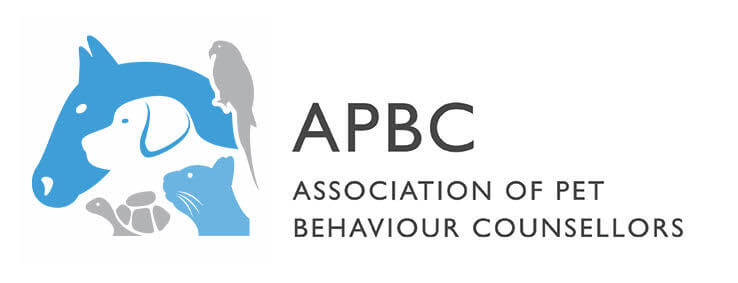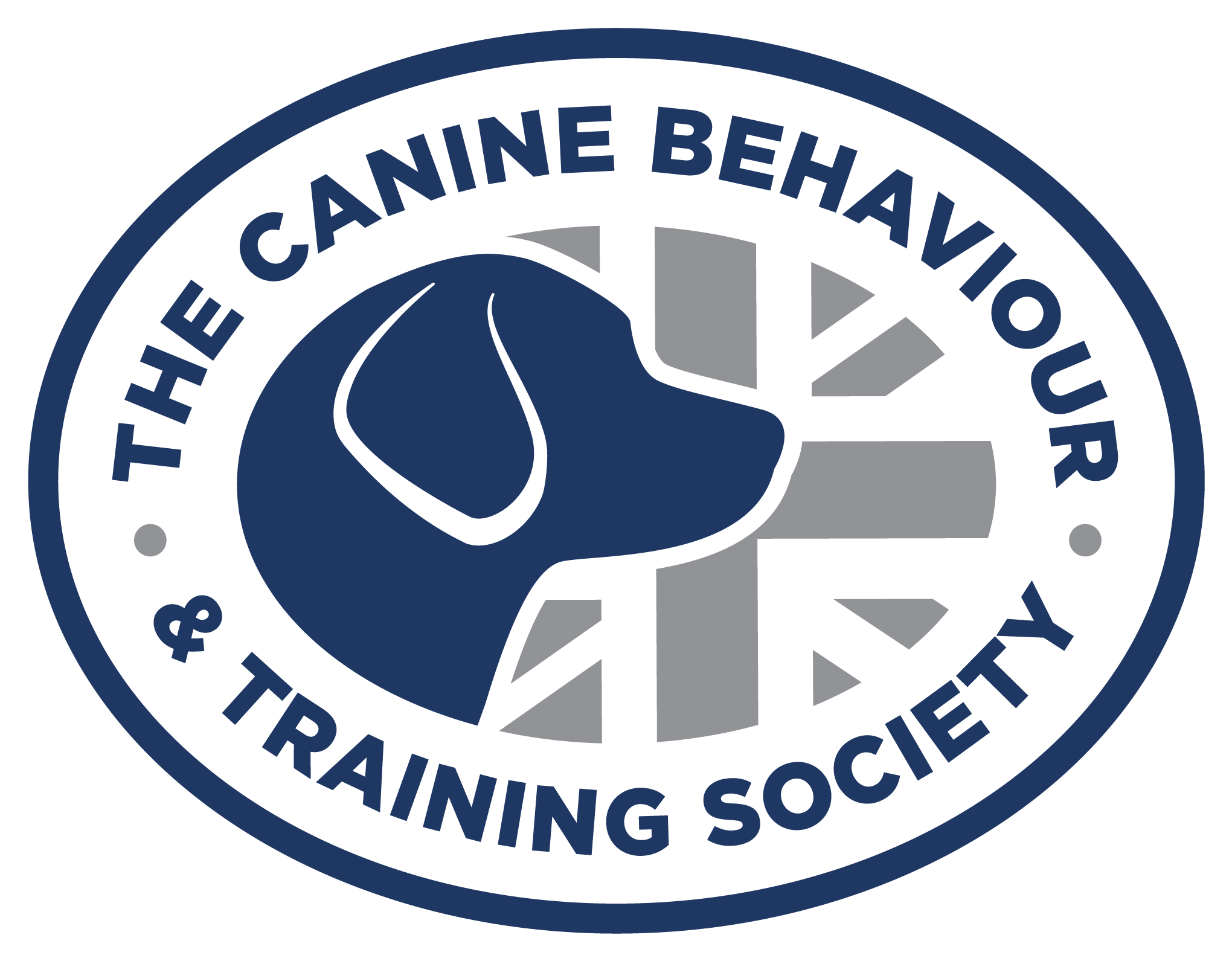In a world where instant gratification has become the norm, we often seek quick fixes and immediate results. This tendency can extend to how we approach pet training and behaviour modification. However, one principle all pet parents should consider when modifying their animal’s behaviour or when teaching new behaviours, is that “if you think you’re not going fast enough, slow down.”
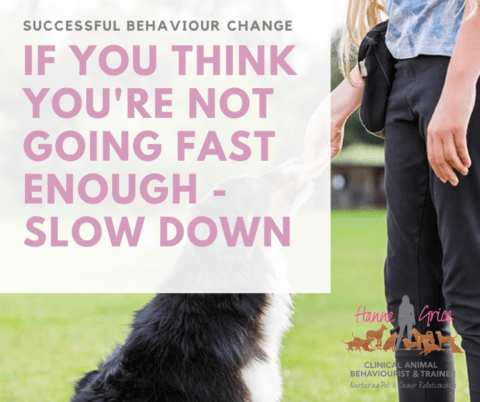
Thanks to technological advancements, we now live in the Amazon culture where we can immediately ‘click’ and get what we want, or we can post something online, and immediately get reactions. This has conditioned us to expect immediate results. This mindset, influenced by the dopamine-driven feedback loops in our brain, often leads us to rush processes, seeking instant gratification. However, when it comes to dog training, this approach can be counterproductive.
For example, an owner may have been making good progress teaching recall in the park at a quite time of day and at a close distance from their dog on a long line. So, they may start walking the dog off-lead, closer to others, or at a busier time of day. Consequently, the recall starts to fall apart, and the owner gets frustrated at their dog. Here, the criteria level was raised too quickly for the dog’s skill level; this is like jumping straight from GCSE’s to an MSc level of challenge.
Slowing down
The principle of slowing down is rooted in giving your dog the time they need to learn and adapt, fostering a deeper understanding and a more solid foundation of learned behaviours. It’s about resisting the urge for immediate results and focusing on the gradual progress that leads to lasting change. Taking a step back and slowing down the training process can offer numerous benefits, including but not limited to:
- Better understanding: Slowing down allows for a deeper understanding of your dog’s individual needs and learning pace.
- Stronger bond: Slowing down builds a relationship based on trust and understanding, fostering a stronger bond between you and your dog.
- Effective learning: Slowing down ensures each training session you do with your pet, is considered and therefore, more strategic. In turn, this promotes more effective learning.
Implementing the principle of slowing down
To help you put this principle into practice, here are my top tips:
- Be patient: By recognising that learning is a gradual process and any change can be stressful to us as well as our pets, we can cultivate greater patience.
- Be observant: By dedicating time to observe your dog’s behaviour, you can then tailor your training accordingly. If you need support in tailoring your sessions, or progressing your dog’s behaviour, then check out the Animal Behaviour & Training Council’s practitioner directory to find appropiate help.
- Be positive: Applying positive reinforcement handling methods will help you to encourage the behaviour you want your dog to repeat.
- Be consistent: By maintaining a consistent, unhurried routine, this will help your dog adapt better.
By slowing down and taking stock of your training, this enables you to notice subtle cues and body language that can be easily overlooked in a hurried approach – for example, the dog momentarily stopping still and scenting the air, might be the predictor that your dog has caught the scent of another which could result in them dashing off; spotting this would enable you to immediately ask for an alternative behaviour (e.g., “come”, “watch”, “leave”, “find” etc). Slowing down also encourages a more empathetic approach to training; we can spot signs that the dog may be starting to feel worried or is coping well. When we are more aware and understanding of the dog’s emotions, responses and individual differences, we can adapt to work at a pace that is comfortable for the dog, which fosters a nurturing environment for learning, and a happier owner-dog relationship!
Key take-aways
The principle of “if you think you’re not going fast enough, slow down” encourages pet carers to override the innate human tendency for quick fixes, fostering a deeper, more meaningful relationship with our furry friends. Remember, nurturing a relationship built on trust and understanding sometimes means taking the slower, but richer path to success.
References
- Ramirez, K. (2019). Animal training: Successful animal management through positive reinforcement. Chicago, IL: Shedd Aquarium.
- Sdao, K. (2012). Plenty in life is free: Reflections on dogs, training and finding grace. Dogwise Publishing.
Learn more about our classes
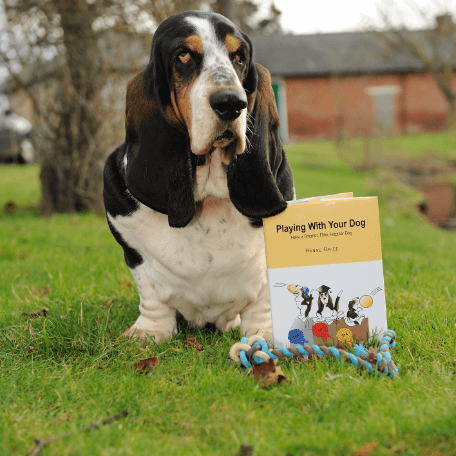
Get Hanne's Book
Playing With Your Dog will help any dog owner work out the games that are best suited for their pet to play throughout his life, from puppyhood to old age. The book also shares some tricks for all ages, group activities, and recommended toys that dogs will enjoy.


